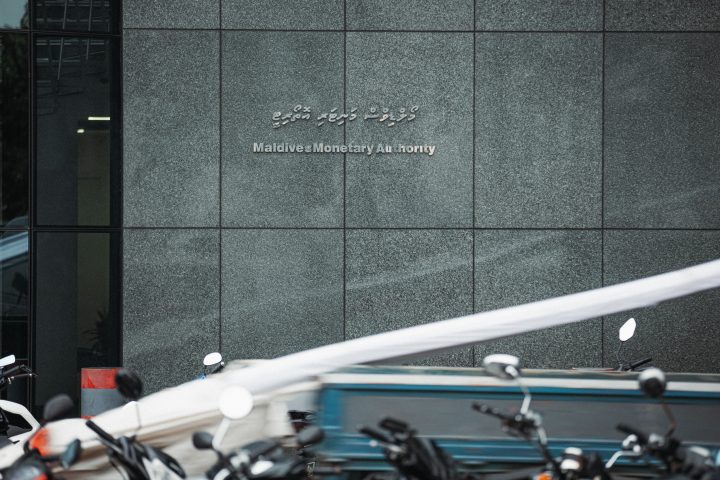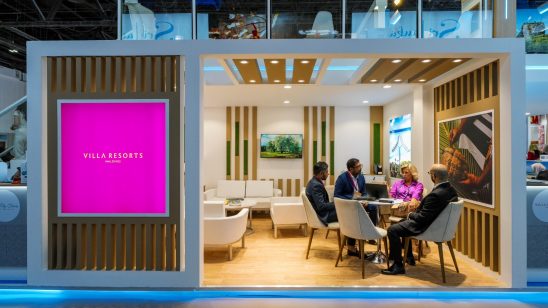
Resort workers, businesses bear brunt of Maldives’ dollar exchange policy
A closer look at the recent figures celebrated by President Dr Mohamed Muizzu during his latest press conference on May 3 reveals a growing disconnect between macroeconomic gains and ground-level hardships faced by thousands of workers and businesses in the country’s tourism sector. While the administration touts a rise in official reserves and a budget surplus, it is resort employees and businesses that are increasingly paying the price of the government’s controversial foreign exchange policy.
At the centre of this shift lies the government-mandated requirement for the tourism sector to exchange a significant portion of its foreign currency earnings—primarily US dollars—through local banks into Maldivian Rufiyaa (MVR). Since the policy took effect, President Muizzu said that USD 214 million has been converted into local currency, attributing this to the surge in reserves, which stood at USD 791 million by the end of March 2025.
While these numbers may look impressive on paper, the practical implications for tourism employees and businesses are troubling. This compulsory conversion has significantly reduced the amount of USD that resorts can retain and use, causing a ripple effect on how wages and allowances are paid.
One of the most direct impacts of this policy is on resort employees—many of whom now receive half, or even more, of their salaries and service charges in Rufiyaa instead of USD. Traditionally, wages in the tourism sector were paid in dollars, helping employees save or remit funds abroad and offset high living expenses in a largely dollar-indexed economy.
With salaries increasingly paid in Rufiyaa, employees are now forced to purchase dollars at higher market rates to meet overseas financial obligations, such as education, healthcare, or remittances. This not only reduces their disposable income but also exposes them to the volatility of the informal exchange market, which the government claims it is trying to eliminate.
Ironically, the policy designed to strengthen the formal financial system has left employees more reliant on unofficial channels to access the very dollars they previously earned directly.
Despite the government’s stated intention of making US dollars more accessible to the general public through the mandatory conversion policy, the reality on the ground tells a different story. The black market for dollars continues to thrive, with exchange rates remaining virtually unchanged since the policy was introduced. Individuals and businesses alike are still forced to rely on informal channels to access foreign currency, often at inflated rates that erode purchasing power and increase the cost of living. This exposes a critical flaw in the policy’s implementation—while the government boasts higher reserves and reduced reliance on informal exchange, it has failed to ensure actual dollar availability where it is needed most. The persistence of a robust black market underscores that the formal financial system is still unable to meet genuine demand, and that the burden of the policy is being borne disproportionately by resort workers and businesses, not the institutions it was meant to regulate.
The policy also imposes operational challenges on resort operators. Most resorts earn revenue in dollars but now must convert a portion to Rufiyaa at a fixed rate dictated by local banks. This erodes profit margins, particularly for foreign-invested properties or those with obligations in USD such as loans, franchise fees, and imported goods and services.
Many suppliers and contractors, including those in logistics, food and beverage, and marine transport, operate on dollar-based contracts. The forced conversion creates a currency mismatch, driving up costs and complicating cash flow management. Some resort operators report difficulties in paying overseas suppliers promptly, threatening service quality and guest satisfaction—both critical to maintaining the Maldives’ reputation as a premium destination.
While the government frames the policy as a measure to increase transparency and reduce reliance on informal forex markets, the ground reality reveals a mismatch between policy goals and economic behavior. The Maldives, with its import-heavy economy and tourism-dependent foreign income, requires a steady and accessible supply of US dollars. Restricting how these dollars circulate and forcing premature conversions creates artificial shortages where none need exist.
The resulting strain on the labour force, the core of the tourism sector, is especially worrisome. Resort workers—many of them young, skilled, and essential to guest experience—now face demotivation, increased financial anxiety, and in some cases, are actively seeking employment in countries with more stable pay structures.
There is no doubt that increasing official reserves and achieving a budget surplus are commendable goals. But these achievements should not come at the cost of the very people and businesses that generate those revenues. A more balanced approach would be to allow resorts greater autonomy in managing their foreign exchange earnings, while incentivising voluntary conversions through competitive rates or tax benefits.
Additionally, the government must engage with resort operators and labour unions to understand the unintended consequences of its monetary policy. Transparency should go hand-in-hand with fairness—and stability must be felt not just in the central bank’s figures but in the pay slips of those working at the frontlines of the Maldivian economy.
As the government continues to prioritise economic indicators, it must also reckon with the on-the-ground reality: a weakening of the tourism sector’s most valuable asset—its people.






